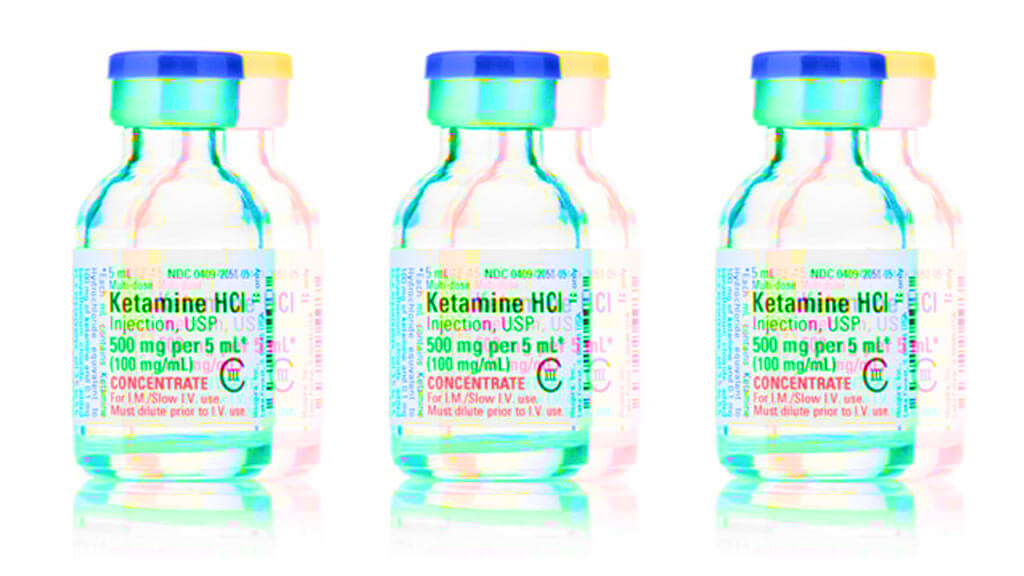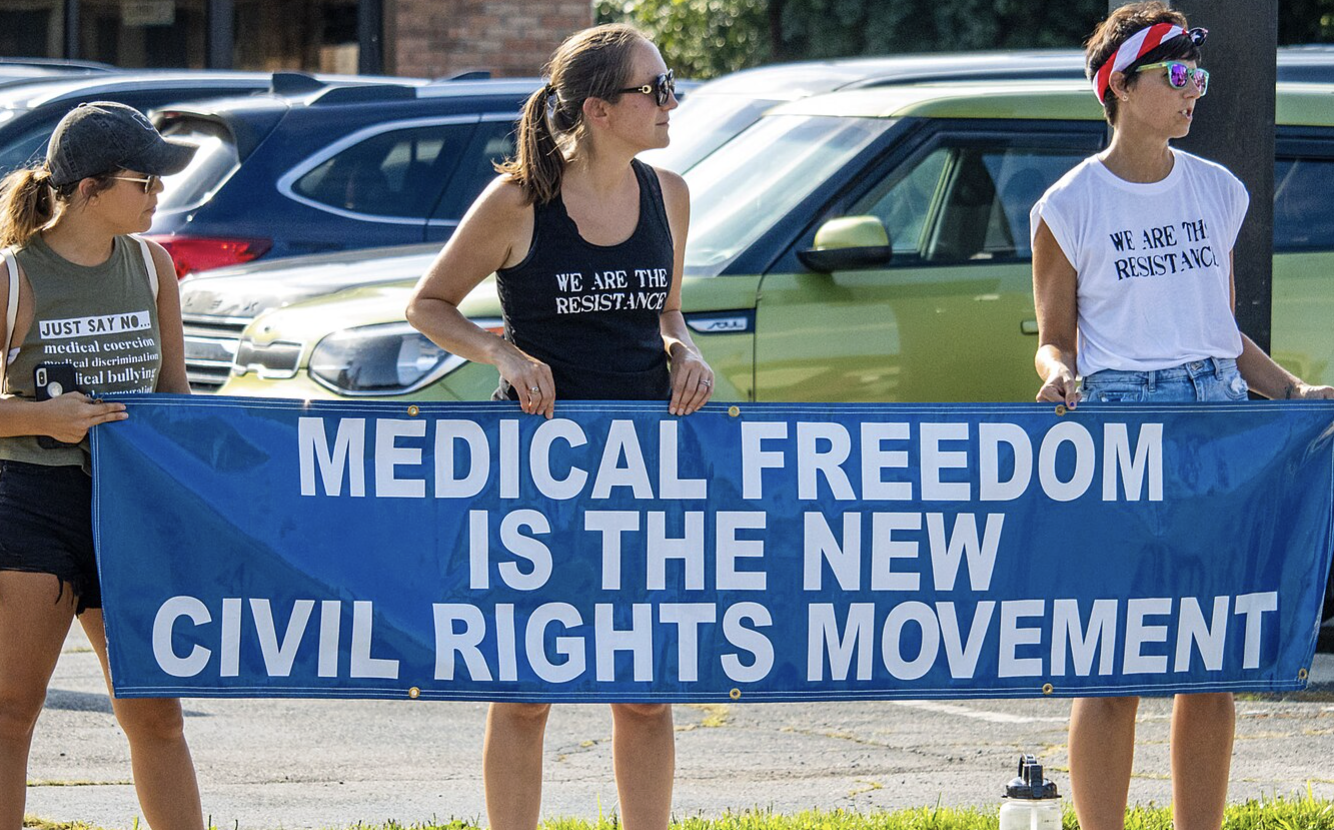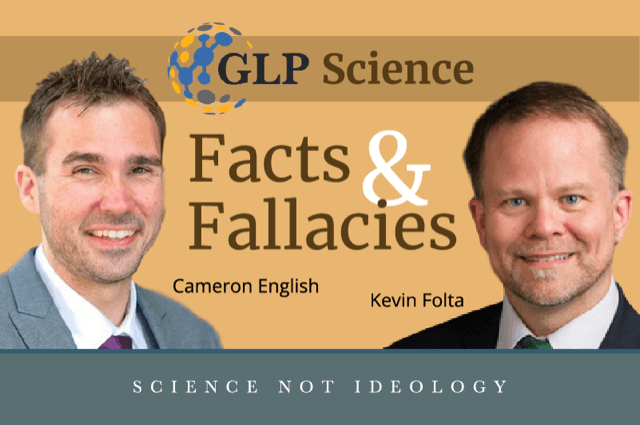GLP podcast: Tylenol maker refuted link to autism. Daily Caller’s fabricated health scare, exposed
Description

Late last month, Daily Caller published a bombshell report claiming that Johnson & Johnson, the former manufacturer of Tylenol (acetaminophen), quietly conceded that its pain reliever might be linked to autism. “SCOOP: Tylenol Maker Privately Admitted Evidence Was Getting ‘Heavy’ For Autism Risk In 2018,” the story’s headline announced. “The pharmaceutical company behind Tylenol privately acknowledged the likelihood of an association between its drug in pregnancy and neurodevelopmental disorders like autism,” reporter Emily Kopp alleged, citing “company documents” she obtained from the law firm Keller Postman LLC, which is suing the maker of Tylenol. The story exploded on social media, garnering millions of views and thousands of retweets—including from federal agencies like Health and Human Services, now led by Robert F Kennedy, Jr.
There was a critical problem, however: the internal company documents explicitly refuted a causal association between Tylenol use and autism. Johnson & Johnson’s experts, tasked with evaluating the possible link between acetaminophen and the neurodevelopmental disorder, panned the low-quality evidence cited by critics. “There is no proven link between the two [our emphasis],” a 2012 email from one company scientist plainly stated. A second email in the same chain of messages explained why: “Review of the cases identified confounders or lack of information which preclude a causal assessment.”
<figure class="aligncenter size-large is-resized">
 </figure>
</figure>Kopp excluded these clear refutations of the Tylenol-autism link from her story, though she implied that the company’s tone had shifted by 2018, quoting one J&J scientist as saying “The weight of the evidence is starting to feel heavy to me.” But an internal evidence review prepared for company executives the same year confirmed that its experts remained skeptical of the association. Evaluating all the evidence available at the time, they noted that studies linking Tylenol to autism were hampered by confounding, meaning another factor beyond acetaminophen exposure was the likely cause of autism. “There are limitations of the individual studies that make it challenging to conduct a meta-analysis,” the presentation concluded.
Meta-analysis is a method of combining and analyzing data from multiple studies on the same topic to reach a more conclusive answer than any one study could provide. The individual studies linking acetaminophen and autism were so limited—so hampered by confounding—they couldn’t be combined for a meta-analysis, J&J scientists found.
The most recent evidence review, published in August 2025, purporting to show a link between Tylenol and autism didn’t include a meta-analysis for the same reason. “[W]e did not conduct [a meta-analysis] due to significant heterogeneity across studies in exposure assessment…” the authors wrote. In sum, the advocates of the acetaminophen-autism association were forced to concede publicly the same point J&J’s scientists made privately.
<figure class="aligncenter size-large is-resized">
 </figure>
</figure>What do we make of all this? The best evidence to date indicates that the risk of autism is heavily influenced by a variety of genetic factors. For example, multiple studies have shown that pregnant women with neurodevelopmental disorders experience more pain during pregnancy and thus tend to use more Tylenol, explaining the association between the drug and subsequent autism diagnosis in their children. “So let’s be clear,” GLP contributor Dr. Andrea Love observed in a recent story, “autism is overwhelmingly genetic, sometimes influenced by biological and developmental factors like maternal fever, but not acetaminophen.”
Bottom line: The Daily Caller report is fundamentally flawed. It selectively cited private communications and scientific research to support a predetermined conclusion. There is no evidence showing that Tylenol causes autism.
Join Cam English on this episode of Facts and Fallacies as he examines Daily Caller’s allegation in more detail.
Cameron J. English is the director of bio-sciences at the American Council on Science and Health. Follow him on X @camjenglish





















